PhD in Education
Description

The Faculty of Education offers its PhD in Education Programme, whose main purpose is to provide intensive doctoral research training to educational researchers. As an outcome of this programme, students are expected to submit a PhD dissertation that stands as an original and substantial contribution to the field of education, both nationally and internationally.
The Programme is open to graduates of different disciplines and professional backgrounds. Training includes both theoretical and methodological courses, as well as doctoral supervision with a Thesis Supervisor. Course length is eight semesters. Upon completion of the second year, students formally become PhD Candidates and are awarded an MA in Education.
An essential part of the PhD training is the candidate’s immersion in the research ecosystem and practice provided by both the Faculty of Education and the University as a whole. Currently, the professors of the doctoral programme participate in more than 61 educational research projects, focusing on different topics and with funded by various sources (Fondecyt [The National Fund for Scientific and Technological Development], Conicyt PIA-AKA [The National Commission for Scientific and Technological Research together with the Academy of Finland and under the Associative Research Program], Fonide [The Education Development and Research Fund], Mecesup [The Higher Education Quality Improvement Program], Fondef [The Scientific and Technological Development Support Fund], Fondedoc [The Fund for the Development of Teaching], Puente Foundation, VRI [The Office of the Vice Provost for Research], etc.). The programme provides doctoral supervision at the hands of faculty members in an array of disciplines, such as teaching, didactic practices (science, mathematics, history, language, etc.), educational psychology, linguistics, statistics, philosophy of education, history of education, economy of education, public policies, sociology of education, among others.
The Faculty of Education boasts 46 fulltime Professors, all PhD graduates from top universities around the world, while 30 of them are Faculty Members of the Doctoral Programme.

Check the accreditation status of PhD Programmes offered by Universidad Católica.
PhD Programme Chair: Valeria Cabello
PhD Assistant Officer: Myriam Navarrete V.
E-mail: doctoradoeducacion@uc.cl
Phone: 56-22-354 5311
Curricular Plan

The curricular plan includes compulsory, optional and thesis development courses with a total of 380 credits and a duration of eight semesters. The first two years of study are dedicated entirely to the programme. Once formally a PhD candidate, students are expected to dedicate extensive time to the programme, and can complete complementary training activities strictly related to the research project.
Download here 2020 Courses Flowchart
Download here doctoral student regulations
Download here general regulations for doctoral studies
Admission 2023

Degree Awarded
Doctor in Education.
Curricular Plan
The curricular plan includes compulsory, optional and thesis development courses with a total of 380 credits and a duration of eight semesters. The first two years of study are dedicated entirely to the programme. Once formally a PhD candidate, students are expected to dedicate extensive time to the programme, and can complete complementary training activities strictly related to the research project.
Modality: 100% presence-based
Places: 10

Check the accreditation status of PhD Programmes offered by Universidad Católica.
PhD Programme Chair: Valeria Cabello
PhD Assistant Officer: Myriam Navarrete V.
E-mail: doctoradoeducacion@uc.cl
Phone: 56-22-354 5311
Academic Staff

|
Name of Professor |
Academic Degree |
Focus Areas |
E-mail address |
Line of research |
|
PhD in Education |
Academic writing. |
Higher education |
||
|
PhD in Philosophy |
Teacher training. Didactics of English language teaching. Gender, identity and language. Cultural-historical activity theory |
Teacher training and professional development
|
||
|
Ph.D in Education: Curriculum and Instruction. Language, Literacy and Culture |
Bilingual intercultural education |
Teaching and learning in early childhood.
Policies, equity and differences in education, leadership and school improvement |
||
|
PhD in the Sociology of Organizations |
The sociology of higher education. Private higher education provision. Governance and management in universities. Higher education policies. |
Higher education |
||
|
PhD in Educational Psychology |
Science learning in primary and secondary schools. Students’ engagement in STEM learning. Development of scientific reasoning in children and explanations on natural phenomena. Science areas teacher training. |
Policies, equity and differences in education, leadership and school improvement |
||
|
Ph.D. in Economics of Education |
Teaching policies Program assessment Economics of education Education policies Innovation and entrepreneurship |
Policies, equity and differences in education, leadership and school improvement |
||
|
PhD in Education |
Learning in school contexts. School leadership and management. |
Policies, equity and differences in education, leadership and school improvement |
||
|
Doctor in Engineering Sciences |
Pre-service teacher training. Technology and education. |
Teacher training and professional development
|
||
|
PhD. in Educational Studies |
Teacher learning and pre-service training of primary school teachers. Classroom teaching practices supporting a productive collaboration and discussions in sciences and mathematics. Collaboration among education researchers and professionals for continuous improvement. |
|
Teacher training and professional development
|
|
|
PhD in Education |
Information and communication technologies (ICTs). Higher education. ICTs and pre-service teacher training. |
Higher education |
||
|
Doctor in Sociology |
Teachers and school leaders’ work and mental health under the new public policy scenarios.
Diversity and inclusion from a perspective of construction of normality and difference, and from a bio-social-cultural approach.
Emotions, affection and bonds in schools. |
Teacher training and professional development
Policies, equity and differences in education, leadership and school improvement |
||
|
Doctor in Didactics of Social Sciences Doctor in Contemporary History |
Historiographic research. History literacy in secondary and tertiary education students. Chilean populism and statism. |
Teacher training and professional development
|
||
|
PhD in Sciences of Education |
Religious teacher training |
|||
|
PhD in Philosophy and Education |
Philosophy and aesthetics of education in view of teacher training. |
|||
|
Doctor in Didactics of Experimental Sciences |
Scientific language and education. Scientific skills development. |
Teacher training and professional development
|
||
|
PhD in Education |
Globalization and internationalization of higher education. Cultural studies. Discourses of difference. Curriculum. Qualitative research methodologies. |
Policies, equity and differences in education, leadership and school improvement |
||
|
Doctor in Psychology |
Social interaction for the development of joint attention, speech, and initial literacy.
Development and assessment of interventions to improve language and pre-literacy stimulation among families and teachers (in initial training and in-service). |
Teaching and learning in early childhood.
Educational measurement and assessment |
||
|
Doctor in Linguistics |
Early literacy. |
Teacher training and professional development
|
||
|
Doctor in Philosophy specializing in Ethics |
Philosophy of education. Didactics of philosophy. Moral education. |
Teacher training and professional development Foundations and purposes of education |
||
|
Doctor in Psychology |
Teacher training.
Knowledge transfer from experts to novices during professional internships.
Self-Efficacy and Motivation.
Pedagogical leadership. |
|
Teacher training and professional development Policies, equity and differences in education, leadership and school improvement |
|
|
PhD in Educational Culture, Policy and Society |
Curriculum. Knowledge policies. Higher education.
Internationalization. |
Higher education |
||
|
Doctor in Social Sciences |
Information and communication technologies. Initial training. Pedagogical practices. |
Teacher training and professional development
|
||
|
PhD in Quantitative Methods and Assessment |
Educational measurement. Educational programs assessment. Standardized tests design. Access to higher education. General educational policies. |
Higher education
Educational measurement and assessment |
||
|
Doctor in Didactics of Mathematics |
Math skills. Didactics of algebra. Lifelong training of math teachers. |
Teacher training and professional development
|
||
|
PhD in Education and Psychology |
Family and instructional factors associated with cognitive and academic development of preschool children. Promoting and developing early mathematical skills. Relationship between the socio-economic and educational level and the development of early mathematics skills. |
|
||
|
PhD. in Education, specializing in management, planning and social policy |
Educational policy: equitability, evaluation of educational policies, impact of educational policies on classroom interactions, comparison of educational systems. School and classroom: school leadership and management, organization |
Teaching and learning in early childhood
Policies, equity and differences in education, leadership and school improvement |
||
|
Ph.D, Curriculum Studies and Teacher Development |
Validity university teaching evaluation |
|||
|
Doctor in Education, minored in Didactics of Mathematics and Didactics of Statistics and Probability |
Didactics of mathematics |
Teaching and learning in early childhood Teacher training and professional development
|
||
|
PhD in Higher Education |
The academic profession. Internationalization. Gender. University teaching. |
Higher education |
||
|
Doctor in Psychology |
Instructional leadership. |
Policies, equity and differences in education, leadership and school improvement |
||
|
PhD in Educational Sciences |
Education, culture, and society. Current shaping of pedagogical authority in secondary education. Identifying socio-cultural barriers for learning in underprivileged district schools. |
Policies, equity and differences in education, leadership and school improvement
Foundations and purposes of education |
||
|
PhD in Education |
History teaching and learning. Learning assessment. Educational feedback. School curriculum. Civic education in the school system. |
Educational measurement and assessment |
Grants and Scholarships

Grants and Scholarships
Students

Graduate Profile
Successful graduates of this programme must be able to:
- Carry out independent research allowing them to generate relevant knowledge for the field of education.
- Understand fundamental problems of the education sector, backed by theories and paradigms provided by various areas of knowledge in order to support the improvement of education practices and policies.
- Discerningly appropriate new knowledge in the field of education to develop new theoretical-practical proposals relevant to current educational needs.
- Get involved in the creation and coordination of research teams, displaying knowledge of research designs, methods, integrity and ethics.
- Contribute personally to the creative generation, dissemination and communication of knowledge, via oral and written media such as publications and presentations in scientific events with a diverse audience.
- Add to the current knowledge and understanding of trends, conceptualizations and theories in a specific field of education.
Below you can find a directory of current students, with their contact details and lines of research.
For more information on graduates and their research projects, please click on the file below.
Thesis conducted by PhD students (PDF)
Lines of Research

The Lines of Research of the doctoral programme give account of the disciplinary and interdisciplinary diversity of the research conducted by members of the PhD in Education Programme, which provides quality training and ensures immersion in research practices.
Internationalization

UC’s PhD in Education is permanently committed to participating in the production of global knowledge by means of various international initiatives.
If you are an international student and wish to study with us (as an intern or co-researcher) write us to doctoradoeducacion@uc.cl
Download the UC PhD in Education Internship Protocol (PDF) here.
Download the UC PhD in Education Protocol for Cotutelles (PDF) here.












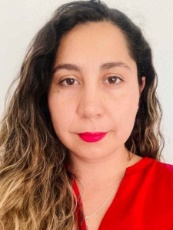














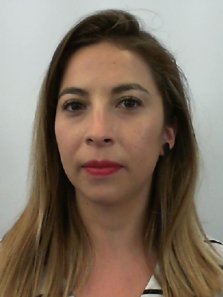
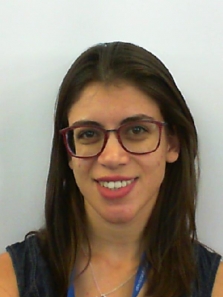
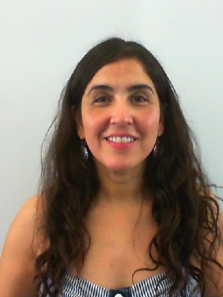
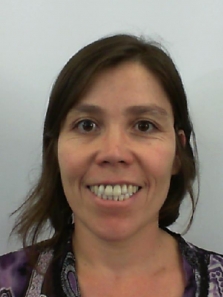
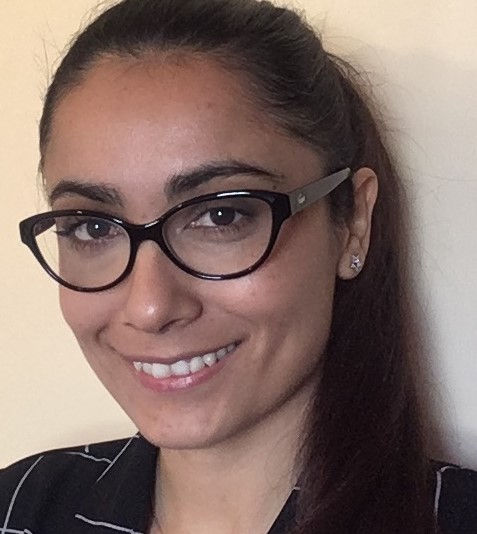
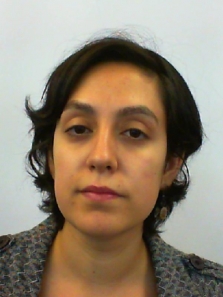
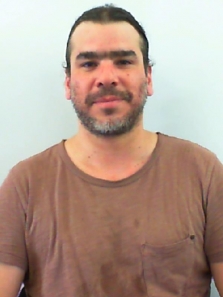
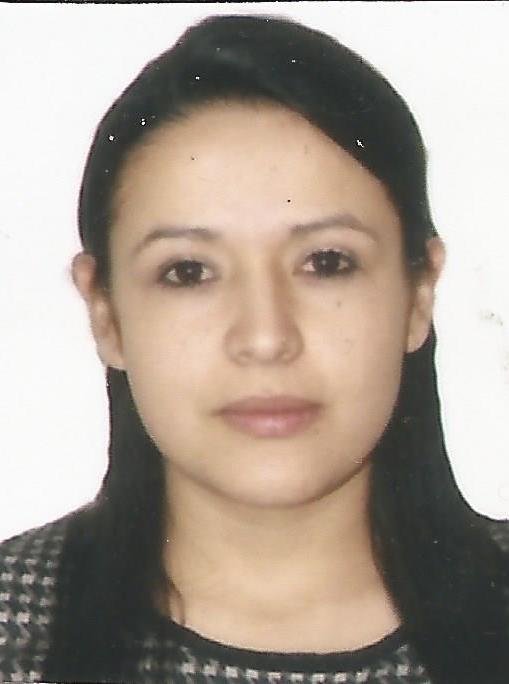
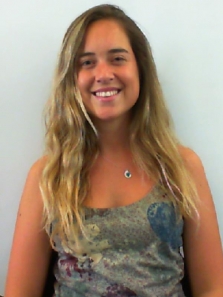
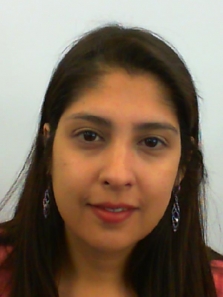
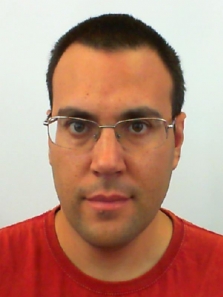
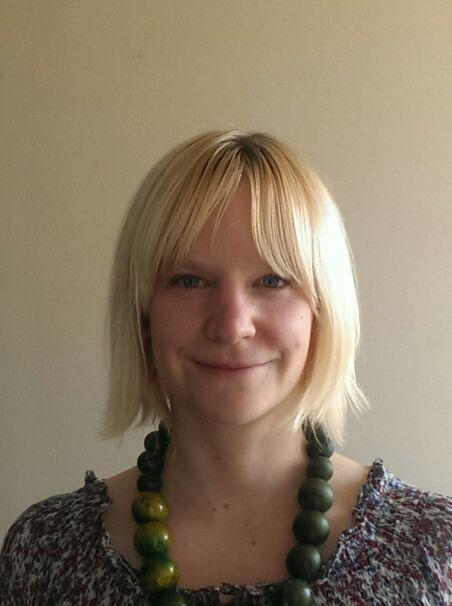
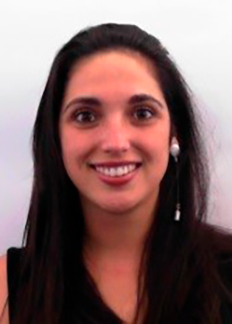
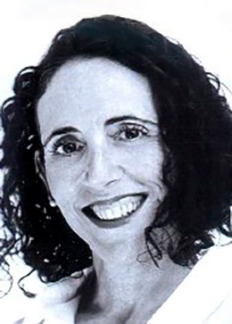
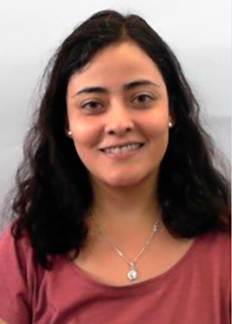
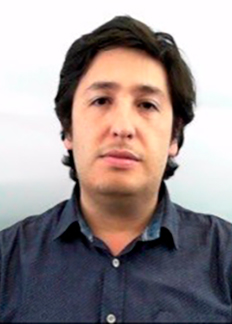
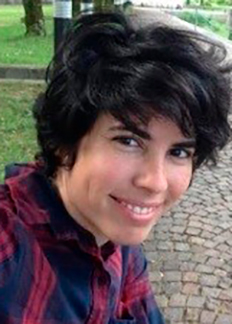
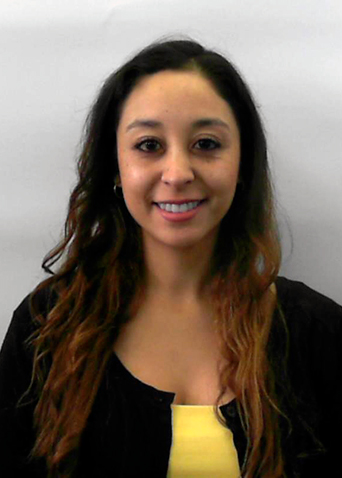
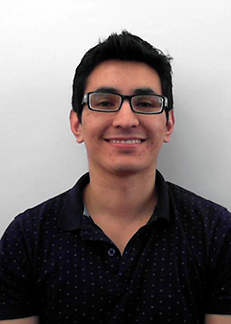
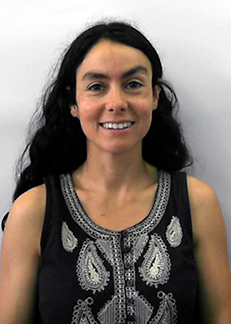
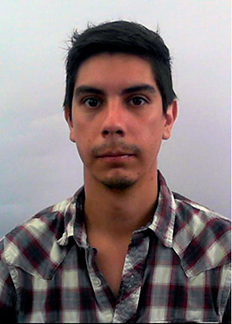
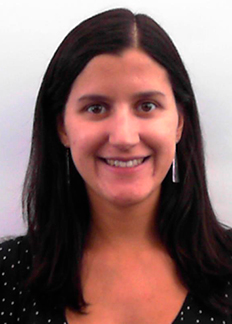
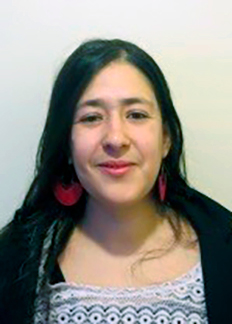
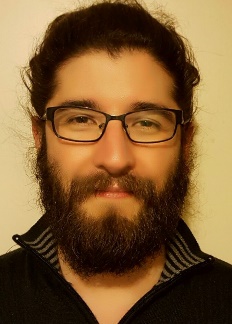
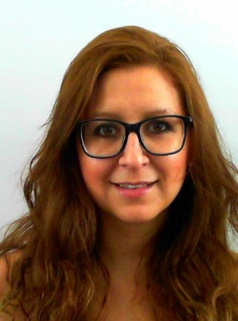
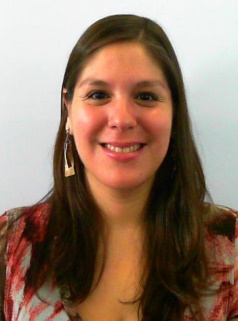
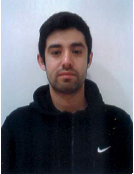
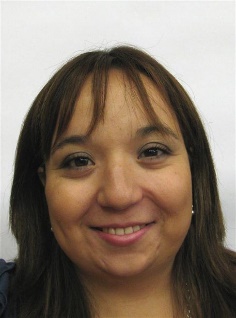
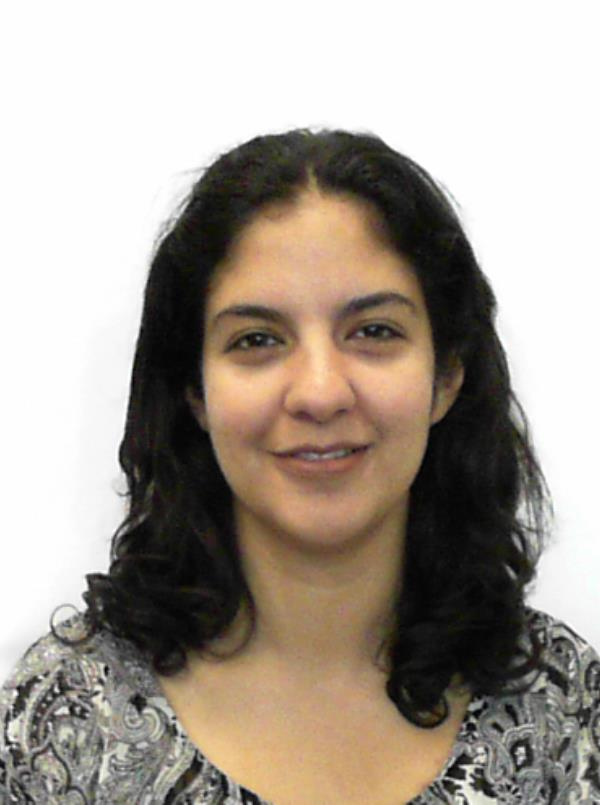




 Sebastián Alejandro Caro Landeros
Sebastián Alejandro Caro Landeros